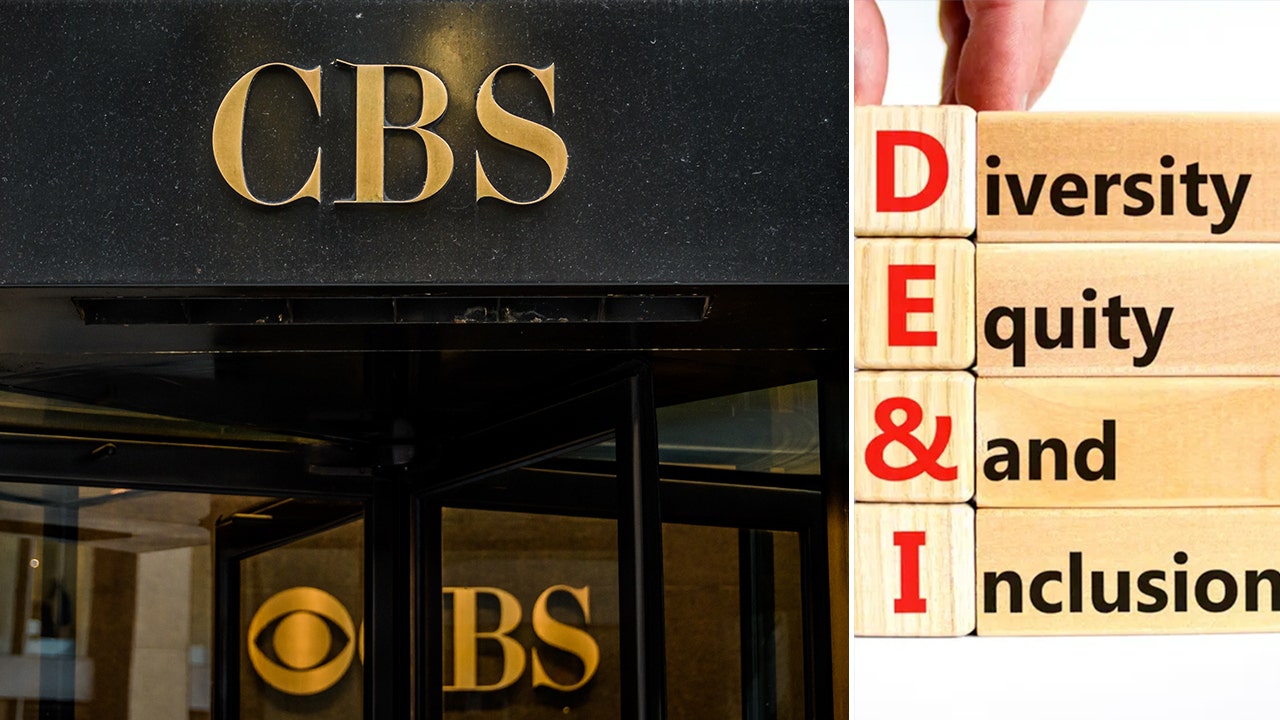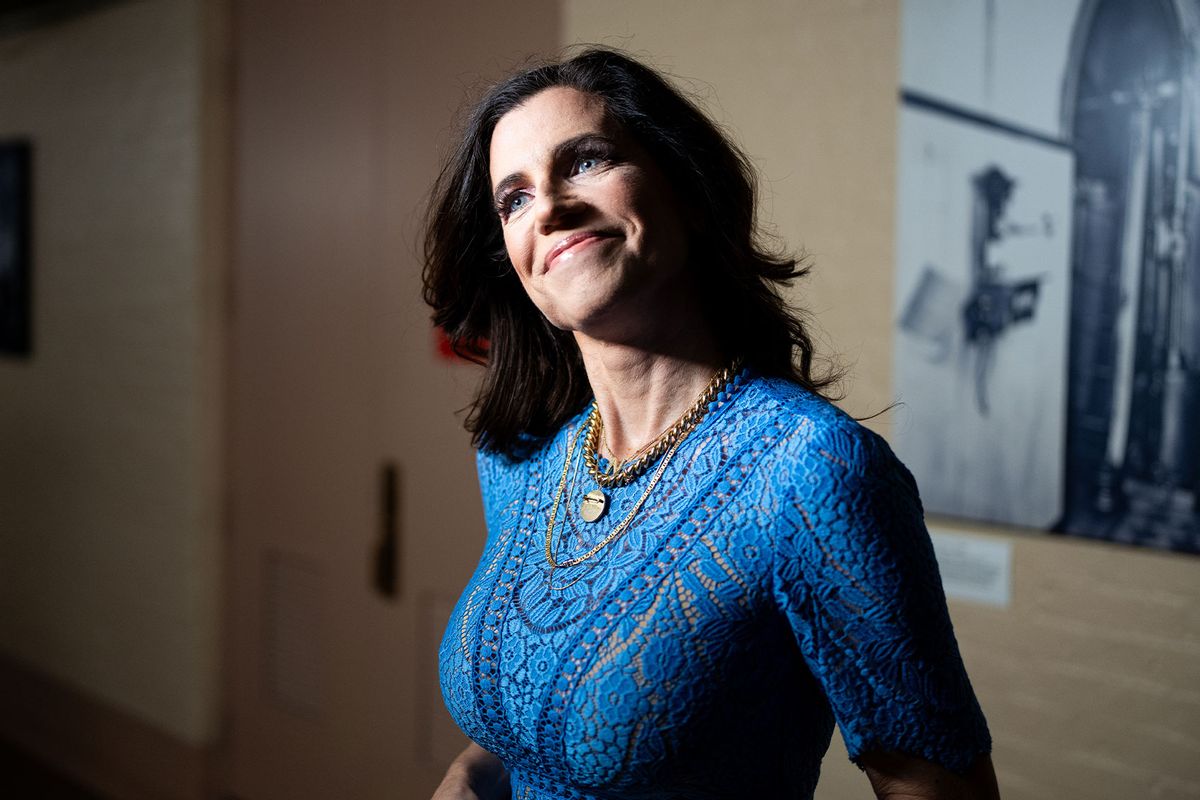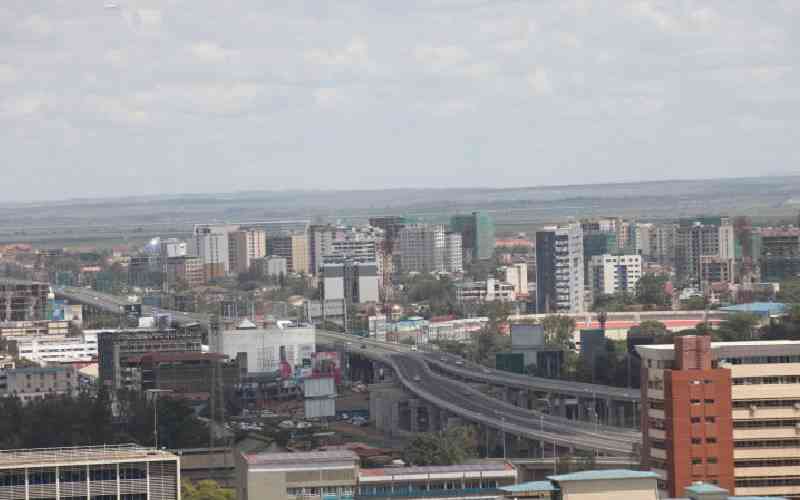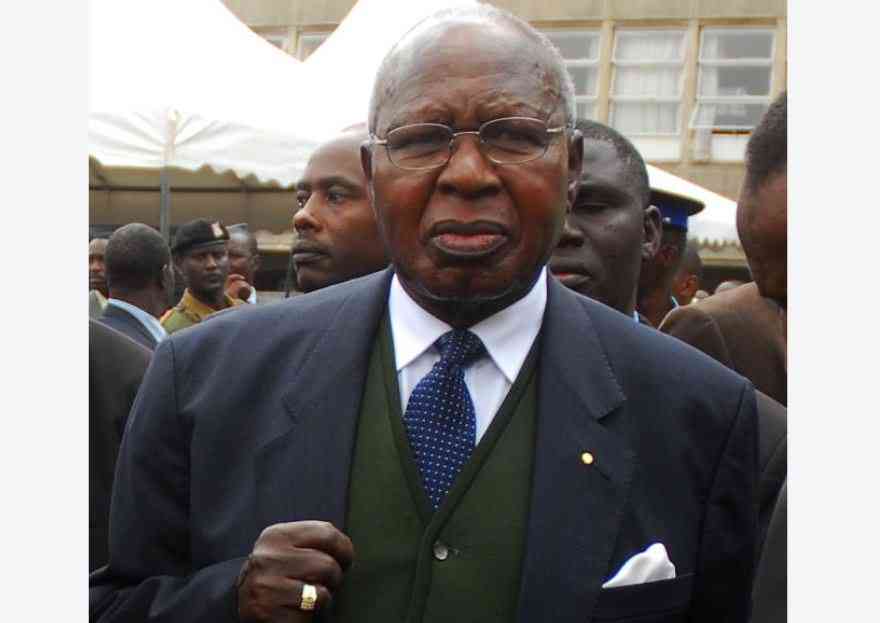There are few who can claim to understand the complex and devastating human cost of climate change like Gift of the Givers CEO Dr Imtiaz Sooliman. In the 30 years since he founded the disaster relief group, he and his team have been on the front line of fires, droughts, floods and warfare.
This year alone, Gift of the Givers has responded to floods around the lower Orange River in the Northern Cape, provided assistance in the aftermath of the Turkey-Syria earthquake, and assisted countless communities across South Africa with access to food and essential goods.
His key takeaway?
“Within every massive tragedy, there’s a story of an individual … In every disaster, you see the mass effect of hundreds of thousands of people being affected. But in that hundreds of thousands, everyone has a personal story to tell. That’s the human emotion; that’s the sadness.”
Read more in Daily Maverick: Huge helicopter food drop brings relief to residents cut off by rising waters
Read more in Daily Maverick: South African rescuers – and sniffer dogs – bring hope amid the sorrow to Turkey survivors
Sooliman was speaking at Daily Maverick’s The Gathering: Earth Edition on Friday, 26 May. The event was an opportunity to discuss real solutions to the burgeoning energy, environmental and economic crises facing South Africa.
Reflecting on past disasters in which Gift of the Givers has intervened – a famine in Somalia in 2011; prolonged drought in Sutherland, Northern Cape; the aftermath of tropical cyclone Idai in Africa, 2019 – Sooliman pointed out that even if the human race were to effectively intervene in the climate crisis, its effects could not be mitigated straight away. These would continue to play out for many years after the damage was done.
“These are very, very real issues, where people really suffer, where animals suffer. It’s not only physical suffering; it’s emotional suffering, psychological suffering, families falling apart, and the whole entire system just collapses,” he said.
Gift of the Givers intervened in the April 2022 KwaZulu-Natal floods, a disaster that saw hundreds of people killed and many more displaced. Sooliman recalled seeing people standing on the edge of a river in the aftermath of the tragedy.
“[We] said: ‘What are you doing there? It’s too dangerous.’ You know what they said? ‘From the top, the water’s gonna bring the bodies down, and I’m hoping to catch the body of my child or my wife or my grandfather. So, I’m standing on the edge of this river to try to catch that body.’”
Amid the tragedy, there were also examples of human resilience. When waters rose by 8 metres in 45 minutes in the town of Tongaat, people intervened to help those at risk to safety.
“In that flood, the real heroes were South Africans, working together,” said Sooliman. “It doesn’t matter who you are, where you came from; you’re South African; you’re a human. I’m a human; I need to help you.”
The ramifications of the climate crisis are multifaceted, something Sooliman has observed first hand in his humanitarian work. In 2017, Gift of the Givers responded to a fire in Knysna, Western Cape – then in the throes of a drought – and provided 20,000 food parcels.
“Because of the drought, the animals suffered … People said ‘Thank you very much for helping the people … what about the cat and the dog?’” he said. “So, we brought 30 tonnes of cat food and dog food, and did the animals have a party.”
One local man drew the organisation’s attention to the fact that the drought and fire had a devastating impact on the local bee population. A total of 300 bee hives were wiped out, equating to the loss of about 22 million bees.
Gift of the Givers provided the man with 30 tonnes of sugar to be used for a sugar solution to support the bees, as well as 300 beehives and funds to grow more plants.
“You need a committed man to do this. It’s not only about money. It’s about the individual quality of South Africans that can do this kind of stuff,” explained Sooliman.
It will be a long time before people can reverse the effects of climate change, but they can deal with those effects with the right mindset, and with an understanding that there are many experiencing great difficulty, he added.
“We can respond to any kind of disaster – earthquakes, floods, whatever – but how can you do that? You do it with trained, dedicated, committed people; South Africans.” DM


















Discussion about this post